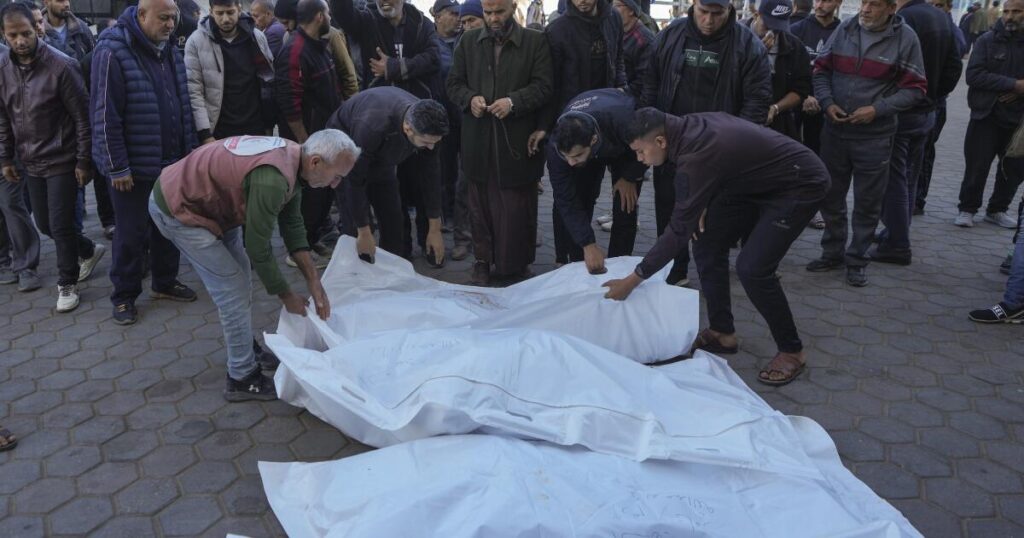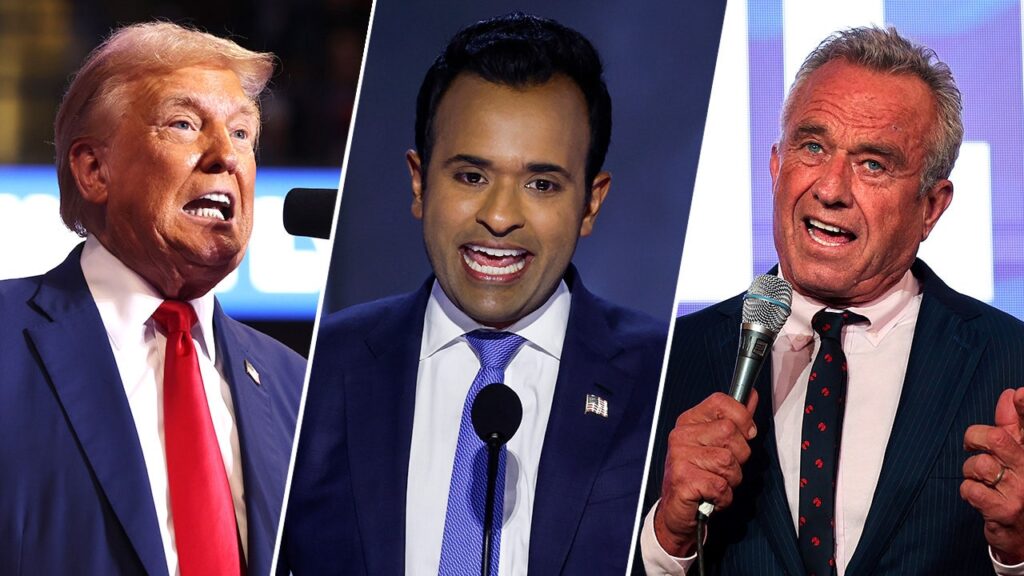WASHINGTON — More than 15 months into Israel’s devastating war with Hamas in the Gaza Strip, the two sides have agreed to a cease-fire deal that would pause fighting and free some Israeli hostages in exchange for the release of Palestinian prisoners, according to U.S. officials Wednesday.
U.S., Qatari and Egyptian negotiators spent months holding extensive rounds of talks with Israeli and Hamas leaders to broker what would bring a partial end to a conflict that has left 46,000 Palestinians dead, around half women and children, Palestinian officials estimate.
The war — which destabilized the Middle East and unleashed protests across the U.S. — began Oct. 7, 2023, when Hamas, the militant group that rules Gaza, invaded southern Israel, killed more than 1,200 Israelis and kidnapped some 250 others.
Israel immediately launched a relentless barrage of air strikes and ground operations that destroyed most of the coastal enclave’s houses, buildings, hospitals and infrastructure, bringing many survivors to the brink of starvation.
Under the deal, the parties agree to an initial six-week halt to fighting. About a third of the 100 hostages remaining in Gaza – others have been released, rescued or killed – would be freed, while a large number, possibly as many as 1,000, Palestinians held by Israel would be released.
Israel believes that many of the hostages still in Gaza custody are already dead; those who would be released fit into categories of older people, children and the infirm. Soldiers would not yet be released.
President Biden proposed the framework for the cease-fire months ago. It’s been delayed by both sides. Hamas has not wanted to accept anything short of a full end of Israeli occupation of and attacks on Gaza. Israel has refused to withdraw from the territory until it deems Hamas has been destroyed.
Next week’s inauguration of President-elect Donald Trump may have increased pressure. He has said publicly he wanted to see hostages released before he takes office and signaled he would not hold back Israel.
Unusually, Trump’s team of Middle East advisors joined with Biden’s people in the final negotiations in Doha, the capital of Qatar, to push the deal forward, U.S. officials said.
The deal still faces obstacles. Israeli Prime Minister Benjamin Netanyahu’s cabinet must approve it, and given the recalcitrant members of that group, approval is not guaranteed.
Biden has also insisted on a “day-after” plan for Gaza, which would include a permanent end to the war and a path forward to an independent Palestinian state. Trump, however, does not support Palestinian sovereignty.


